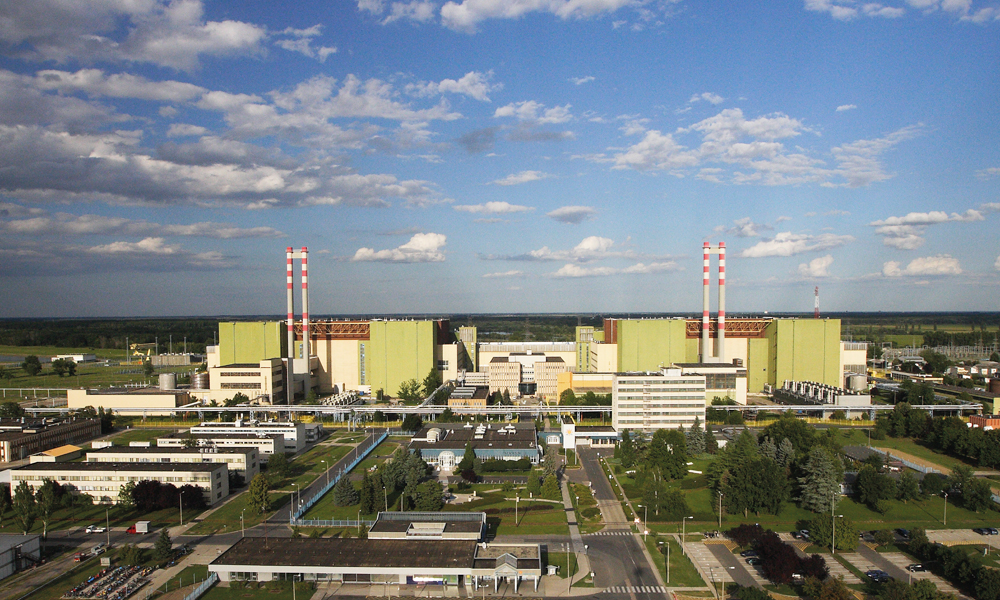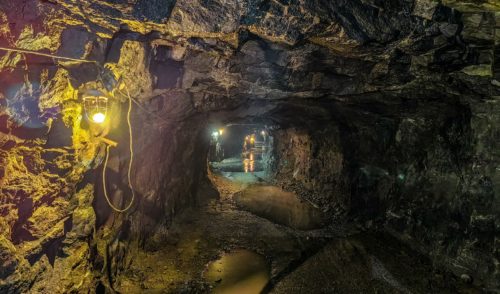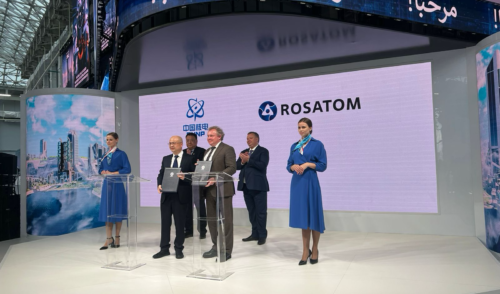
Hungary to Appoint Minister for Paks Expansion
back to contentsThis was announced by Hungary’s Prime Minister Viktor Orbán speaking in the parliament. According to him, the new minister will be also responsible for handling all issues that might arise during the project. Orbán stressed that Fidesz – Hungarian Civic Alliance party supported development of both nuclear and renewable energies, but nuclear energy appeared to be much cheaper for the country in the years to come.
János Süli, the mayor of Paks, will be appointed to the ministerial position. In an interview to ATB television broadcaster, he confirmed that Prime Minister Viktor Orbán had requested him to fill the position. As a minster, he will work in close cooperation with Attila Aszódi, Hungarian Government’s commissioner for the Paks expansion project. According to János Süli, the date of appointment is not fixed yet since it requires amendments to the legislation and a snap election of Paks’ new mayor.
About Paks II
The Paks II construction project is carried out under a framework agreement signed in January 2014 and contracts between MVM Paks II and NIAEP (a Rosatom Group company).
Still in its preparatory phase, the project has already received a license from local environment protection authorities. An application has been sent to Hungary’s regulator to issue a construction license.
Construction of the new reactor units is expected to start in 2018 as the European Commission finally gave its approval on 6 March.
Economic contribution
Power generated by Hungary’s operating units satisfy a third of its domestic demand for electricity. Once they are shut down, their capacity will have to be replaced with another power source. Replacement options for Hungary are limited – it is either construction of new capacity in the country or import of electric power from abroad. But it is natural that a country wants to be self-sufficient in energy. Besides, the last winter in Europe showed that relying on energy imports was short-sighted at best. As it is, 30% of energy consumed by Hungary is already imported. For these obvious reasons, Hungary will need an internal power source to provide base load after the 2030s. No less obvious is that the 2,000 MW capacity cannot be replaced with renewable sources. Power stations fired with coal or gas will not make up for this capacity either since their share in the European energy mix is to be reduced under the EU strategy for combating climate change and greenhouse gas emissions.
In this context, Hungary’s decision to swap its existing nuclear capacity for new reactors on the same site seems logical. A more viable solution is now hard to find.
Another strong argument for keeping nuclear power in Hungary’s energy mix is the cost of electricity generated by Paks, now only 11 forints per kilowatt. Thanks to low generation costs, Hungarian consumers pay about 10 eurocents for one kilowatt of electricity, while the price in Germany is nearly 30 eurocents.
Economic impact is an absolute benefit that a large-scale nuclear project brings to its home country. Nuclear construction boosts national economy, increases employment, brings in new contracts for local businesses and tax revenues for the budget, and facilitates research. The Paks II project will create up to 10,000 new jobs. From the very beginning, the Hungarian government had been showing commitment to the project and taking a strong stand in the talks with the European Commission. As a result, the EC agreed to Hungary’s point, and the project was cleared. Hungary serves as a model for countries planning to build new sources of nuclear power. Step by step, the country was working its way to the construction of new reactors and securing national energy self-sufficiency.
Rosatom as a technology vendor was a logical choice for Hungary that has had a positive experience of working with VVER technology and Russian experts at the operating reactors of the Paks nuclear plant. Russia’s new VVER-1200 is among the world’s best Generation 3+ reactor designs. More important is that the new design has already been proven in use at the Novovoronezh nuclear plant and put in commercial operation in late February. Russia will also provide Hungary with an attractive loan to finance 80% of the project costs.




